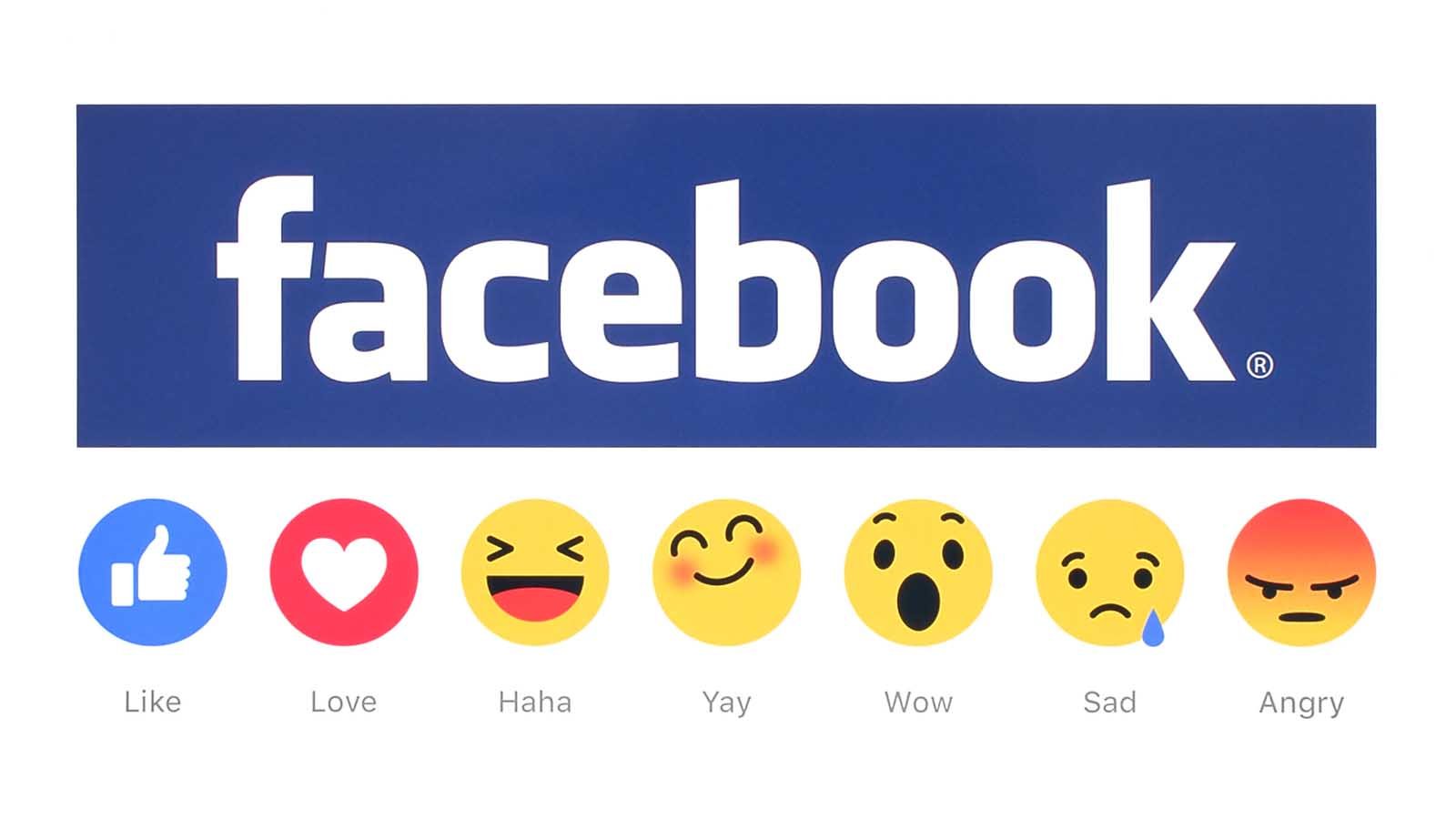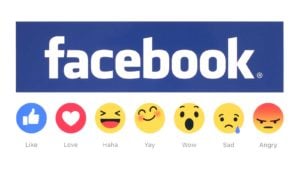Facebook’s (NASDAQ:FB) is no stranger to controversy. In fact, it often feels like it’s difficult to go more than a few weeks here and there without some type of headline risk pertaining to the social media giant. Yet, FB stock is up 52% year-to-date.
The dichotomy of headline risk and shareholder appreciation is something I’ve highlighted a couple of times this year regarding Facebook stock. On a related note, CEO and founder Mark Zuckerberg doesn’t come off as likable. If anything, he’s somewhat glib and not connectable to regular folks, but those same people love the products and services Zuckerberg’s company pushes and Facebook stock benefits as a result.
Thing is, and this is something seasoned investors know well, Facebook may help us “friend” each other, but it and other public companies aren’t in the business of making friends. They’re in the business of making money and generating returns for investors. Facebook, for management’s many public relations missteps, does both of those things.
Wall Street doesn’t seem to mind Facebook’s various gaffes in the court of public opinion. Currently, 48 analysts cover the stock with 41 having the equivalents of bullish or very bullish ratings on the shares. Just one has a bearish rating on Facebook stock.
Impressive Network Effect
As Facebook and Instagram users know, they are the reasons those platforms exist. It’s almost unfair (unless you own FB stock), but all those Facebook and Instagram accounts (I’m talking about the legitimate ones) are moneymakers for the company, not most of the users.
This is an example of the network effect, something Facebook has mastered. Essentially, the network effect is a scenario under which a service becomes more valuable as it attracts more users. Facebook and its Instagram unit check that box.
For its part, the photo-sharing platform Instagram has become such a phenomenon that it’s used as the cornerstone of a slew of academic and scientific studies, including efforts to predict users’ personality traits, how individuals act in personal relationships, social media impact on various consumer-facing companies and much, much more.
In fact, a 2016 study conducted by researchers Andrew Reece of Harvard University and Chris Danforth of the University of Vermont used Instagram to gauge peoples’ vulnerability to depression.
That’s not a profit driver for Facebook stock, but it confirms the indomitable net effect possessed by the company’s services, including Instagram, Messenger, and WhatsApp. Other high-level academic research confirms the benefits of Facebook’s network effect.
“Facebook has used network effects to keep its popularity,” according to a Cornell University study. “The large masses of people on Facebook attracts complementary products and services. Thus, when Facebook opened up their site to outside developers, lots of software developers created apps for Facebook to access the large crowd of users.”
Bottom Line on Facebook Stock
While “network effect” may seem like business school gobbledygook, it has tangible impacts on Facebook stock, most of which are positive.
“Instagram, Messenger, and WhatsApp, have further strengthened network effects for the firm, where all of these platforms become more valuable to its users as people both join the networks and use these services,” said Morningstar in a recent note. “These network effects serve to both create barriers to success for new social-network upstarts, as well as barriers to exit for existing users who might leave behind friends, contacts, pictures, memories, and more by departing to alternative platforms.”
What’s interesting about Facebook stock is that investors can leverage the network effect at a fairly reasonable valuation of 21.37x forward earnings. That’s cheaper than rival Alphabet (NASDAQ:GOOGL) and some other big-name, consumer-facing internet stocks.
As of this writing, Todd Shriber did not hold a position in any of the aforementioned securities.

